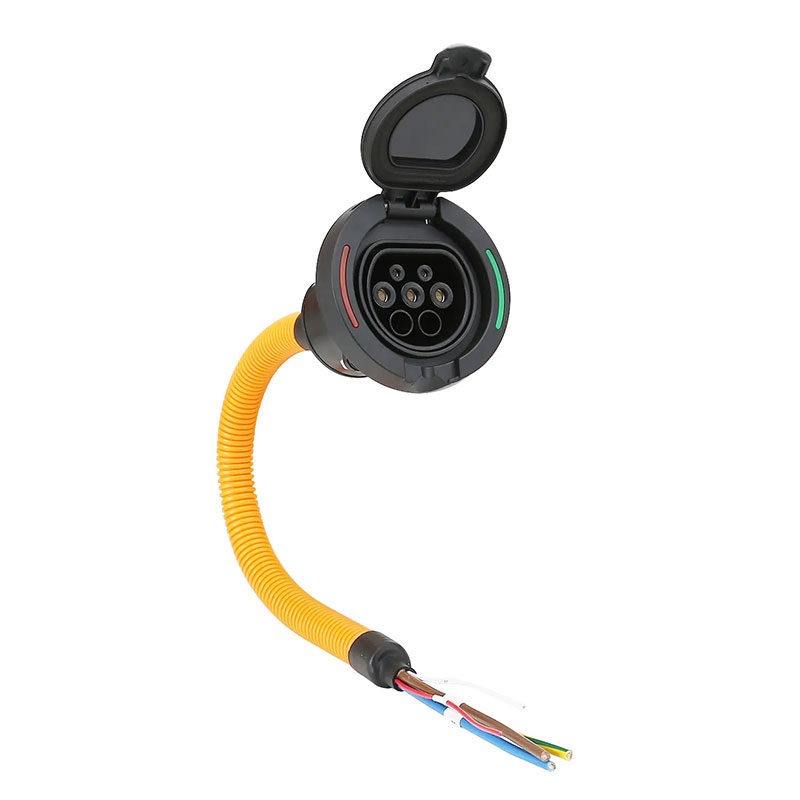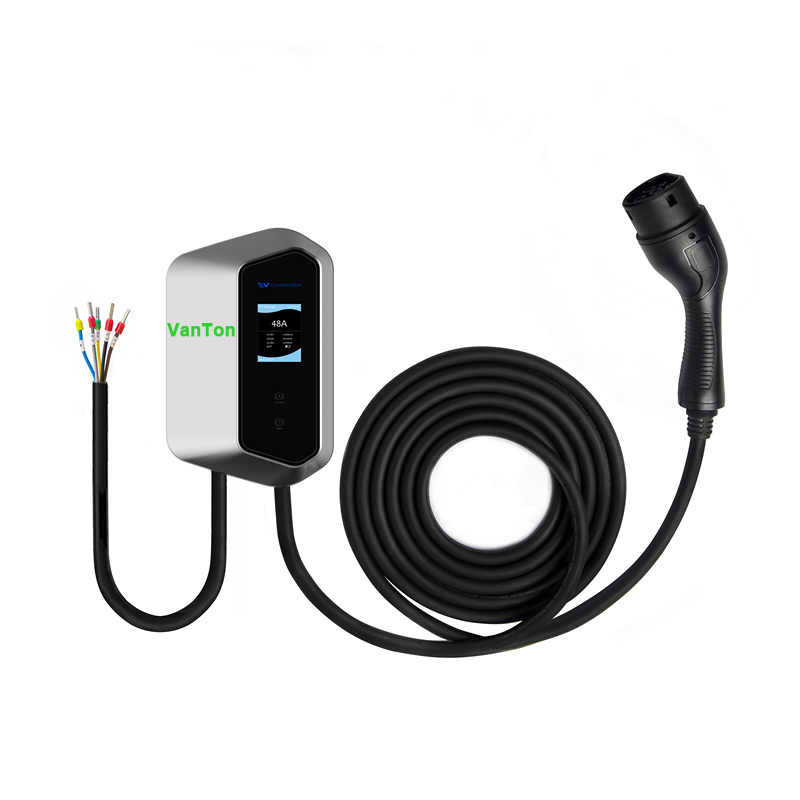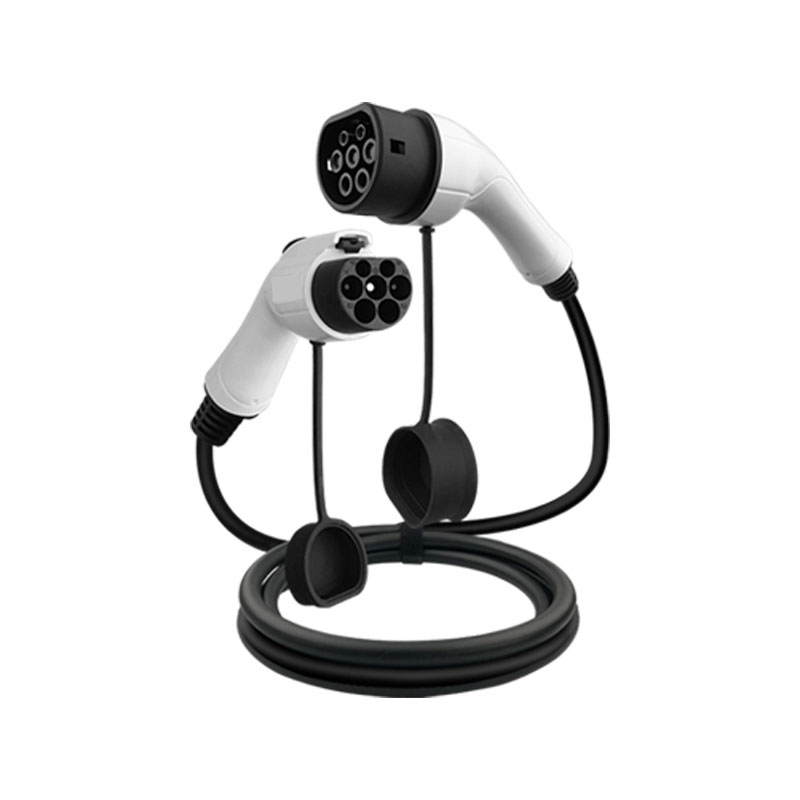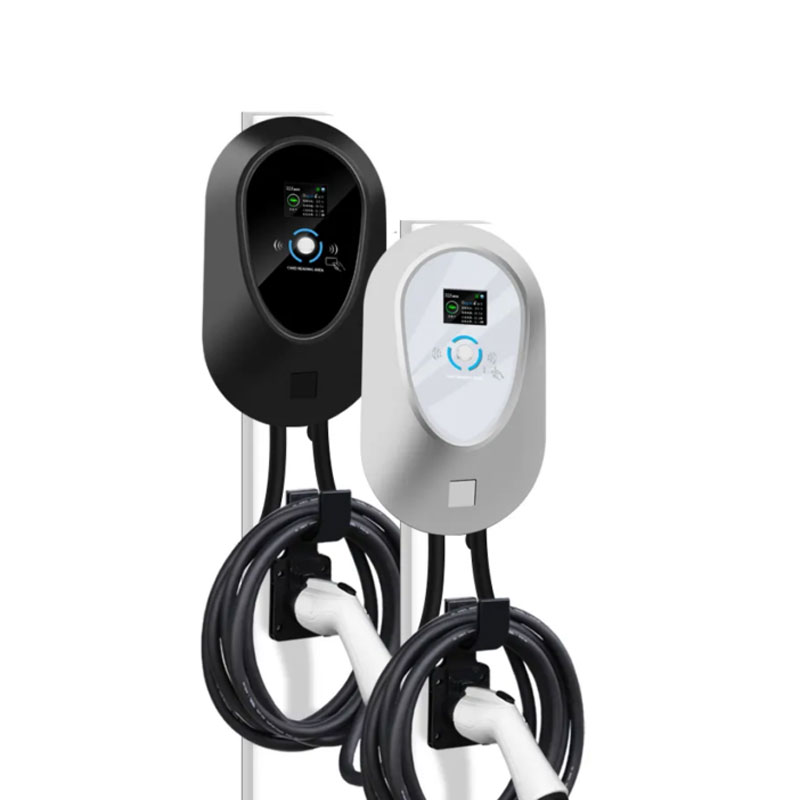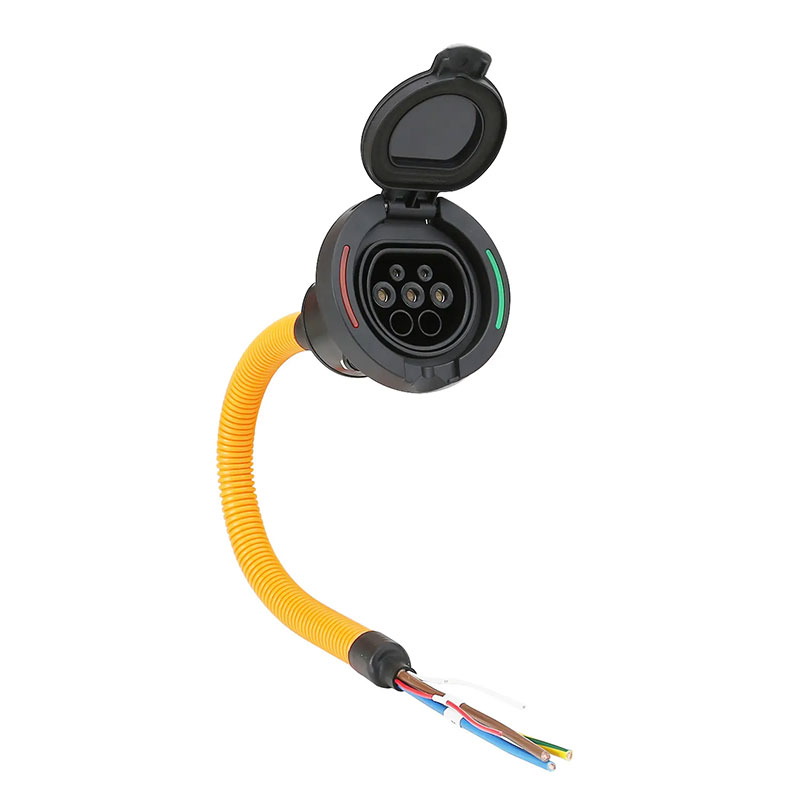What Makes Plug Dummy Sockets Essential for Safe and Efficient Electrical Systems?
In modern electrical engineering and home safety management, plug dummy sockets play a surprisingly critical role. While they may seem like small, inconsequential components, these protective devices are widely used across residential, commercial, and industrial environments. From safeguarding unused outlets to supporting advanced testing and maintenance procedures, plug dummy sockets help improve electrical safety, maintain energy efficiency, and ensure system reliability.
What Is a Plug Dummy Socket and Why Does It Matter?
A plug dummy socket is a specially designed device used to cover, protect, and insulate unused electrical outlets or sockets. At first glance, its function may appear simple, but its impact on safety, energy efficiency, and compliance with industry standards is significant.
Key Purposes of Plug Dummy Sockets
-
Safety Protection – Prevents accidental contact with live terminals, especially in households with children or in high-traffic areas like offices and factories.
-
Energy Efficiency – Reduces energy leakage by securely sealing unused sockets.
-
Testing & Maintenance – Used by electricians and engineers for simulation testing, load balancing, and troubleshooting electrical systems.
-
Aesthetic Integration – Offers a clean, organized appearance by hiding exposed sockets in residential or commercial interiors.
In industries such as manufacturing, data centers, and construction, plug dummy sockets are frequently integrated into advanced testing systems, ensuring that all circuits function efficiently without the risk of short circuits or accidental disconnections.
Technical Specifications and Key Features
Selecting the right plug dummy socket is not just about size compatibility—it requires a thorough understanding of technical parameters to ensure both safety and functionality. Below is a detailed breakdown of the most critical specifications you should consider when making a purchase.
Product Specifications Table
| Parameter | Description |
|---|---|
| Rated Voltage | Typically ranges from 110V to 250V, depending on the application region. |
| Rated Current | Common options: 6A, 10A, 13A, or 16A—ensure compatibility with your system. |
| Material | High-grade fire-retardant ABS or PC plastic for safety and durability. |
| Contact Material | Usually brass or copper for superior conductivity and minimal resistance. |
| Temperature Resistance | Capable of withstanding -20°C to +80°C, suitable for various environments. |
| Certifications | Look for CE, RoHS, UL, or ISO certifications for compliance and quality. |
| Socket Type | Available in EU, UK, US, AU, and multi-standard formats for global markets. |
| Installation Method | Plug-in, screw-in, or snap-fit options depending on your requirements. |
Essential Features to Look For
-
High Durability: Ensure long-term performance under frequent use.
-
Fire Resistance: Opt for materials with a UL94 V-0 rating to enhance safety.
-
Child-Proof Design: Especially critical for residential and educational settings.
-
Universal Compatibility: Choose models that fit multiple socket standards when managing diverse systems.
-
Ergonomic Design: Easy insertion and removal improve usability.
By understanding these technical details, you’ll not only avoid mismatched specifications but also optimize system reliability and safety.
How Plug Dummy Sockets Improve Safety and Efficiency
The role of plug dummy sockets extends beyond basic protection—they actively enhance electrical system safety, reduce energy wastage, and support professional testing environments.
Household and Workplace Safety
One of the most common applications of plug dummy sockets is preventing accidental contact with live outlets. For households with children or pets, exposed sockets can pose significant electrical hazards. Installing plug dummy sockets ensures that unused outlets remain sealed, reducing the risk of electric shocks.
In office spaces and commercial facilities, plug dummy sockets are equally valuable. With multiple extension points, power strips, and network outlets, employees often leave unused sockets exposed. A dummy socket effectively eliminates the chance of accidental power surges or contact.
Energy Efficiency and Cost Savings
Unused sockets can contribute to phantom energy drain, where a small but consistent flow of current leaks even when no devices are connected. By sealing these outlets, plug dummy sockets help:
-
Lower electricity bills.
-
Reduce the overall carbon footprint.
-
Extend the lifespan of your electrical infrastructure.
Maintenance and Load Testing
In industrial environments, plug dummy sockets play a critical role during:
-
Load Testing: Engineers simulate power consumption using dummy sockets to evaluate circuit performance.
-
System Isolation: They allow certain circuits to be safely shut down without affecting others.
-
Compliance Audits: Many safety standards require unused sockets to be covered during inspections.
Frequently Asked Questions (FAQs) About Plug Dummy Sockets
Q1: How do I know which plug dummy socket is compatible with my outlet type?
A1: The easiest way is to match the plug dummy socket to your existing outlet standard—for example, UK sockets require BS 1363-compatible plugs, while EU sockets follow CEE 7/16 or Schuko formats. Universal models are also available if you manage multiple outlet types.
Q2: Are plug dummy sockets necessary if my outlets already have covers?
A2: Yes, in many cases. Standard outlet covers protect from dust but do not provide the insulation and safety sealing offered by plug dummy sockets. If you need child safety, energy efficiency, or testing capabilities, a dedicated dummy socket is the better choice.
Why VanTon Plug Dummy Sockets Are the Trusted Choice
Choosing the right plug dummy socket is about more than just compatibility—it’s about ensuring safety, optimizing energy efficiency, and achieving compliance with international electrical standards. At VanTon, we provide high-quality dummy sockets designed with fire-retardant materials, superior conductivity, and universal compatibility, making them ideal for residential, commercial, and industrial applications.
If you’re looking for durable, certified, and efficient plug dummy sockets, VanTon is your trusted partner.
Contact us today to explore our full range of products and get expert recommendations tailored to your specific needs.
- Are EV Charging Adapters Safe for Daily Use
- Which DC EV charger helps me win more drivers and profit sooner?
- What Makes A DC EV Fast Charging Project Actually Work?
- What did I learn when a DC fast charger became part of my everyday business?<
- How fast is a DC EV charger?
- What Makes the GBT to Tesla Adapter a Game-Changer for EV Charging?


